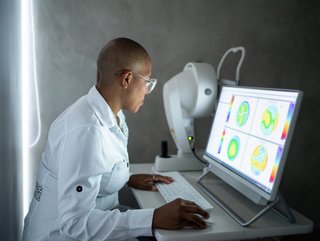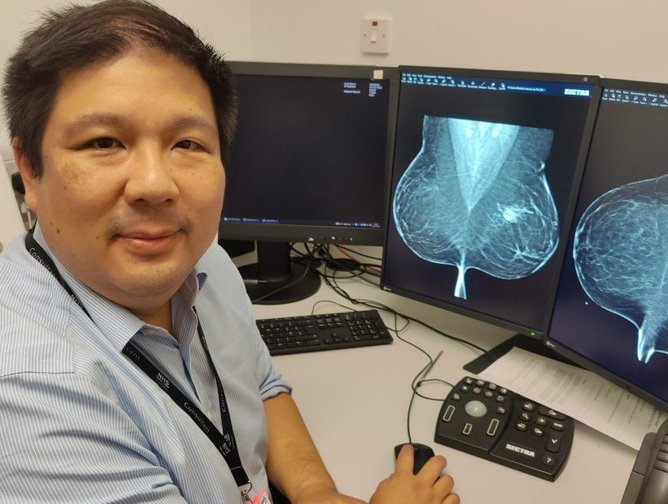Kheiron Medical Technology can Detect Cancer with AI Test

An AI tool called Mia, developed by Kheiron Medical Technologies, successfully identified tiny signs of breast cancer which had been missed by human doctors.
The AI solution could help to find more cancers than in standard practice, according to Kheiron Medical, who partnered with tech giant Microsoft, NHS Grampian and the University of Aberdeen to deploy the technology.
If deployed across the entire National Health Service (NHS), an increase of 12% in breast cancer detection could lead to better healthcare outcomes for thousands of patients nationwide - and even worldwide, if the technology develops further.
“It’s a lifesaver, it’s a life changer,” says one of the first women in the UK to have her breast cancer detected by Mia. “My cancer was so small that the doctors said it would not have been picked up by the human eye.”
Using AI technology to improve global healthcare outcomes
It took six years for Kheiron Medical to build and train Mia. The AI tool is now run on cloud computing power from Microsoft, having been trained on mammograms from women all over the world.
Operating as a medical device in Microsoft Azure, Mia is able to offer hospitals or breast screening centres the ability to use AI to read mammograms and help radiologists make critical decisions.
Identifiable data is removed before a mammogram is uploaded to Azure, ensuring data protection and patient reassurance. Mia is then able to read mammograms and send recommendations directly to the hospital or clinic.
The technology is currently being used as part of ongoing trials throughout the UK. Augmented AI workflows also demonstrated a decrease in women recalled unnecessarily for further assessments, in addition to a workload reduction of up to 30% overall.
This wide-scale deployment leveraging the Azure Cloud is part of the UK government’s ambition to be at the forefront of AI technology in healthcare. Given a marked increase in the amount of AI interest within the sector, there have been increasing calls for collaboration among governments, healthcare professionals and regulatory bodies to maintain standards of compliance to prioritise patient wellbeing.
Advancing computer-aided detection
More than two million women are screened for breast cancer every year in the UK alone, but breast cancer is extremely hard to detect. Early detection can lead to earlier treatment, which in turn can result in a greater likelihood of success.

Dr Gerald Lip, who led the prospective trial of Mia, said: “If you pick up cancer under 15mm, most women now will have a 95% survival rate. Not only did Mia help us find more cancers, most of which were invasive and high grade, but we also modelled that it could reduce the time it takes to notify women from 14 days to just 3 days, reducing significant stress and anxiety for our patients.”
“To smoothly integrate Mia into screening programs, we are working closely with Kheiron to develop ways to monitor and adjust the AI, ensuring it continues delivering the impressive results we saw in the recent evaluation,” Professor Lesley Anderson, Chair in Health Data Science at the University of Aberdeen, added.
This is not the first time that AI has been used for the early detection of breast cancer. Researchers in Sweden found in 2023 that computer-aided detection with AI was not only safe in its clinical trial, but also nearly halved the workload of radiologists.
With AI and machine learning tools being able to handle large quantities of data at once, it can make health professionals less in demand. This means that they can have more contact time with their patients, have availability to handle more complex tasks and better tailor individual treatment needs.
Similarly, IBM and Boehringer Ingelheim continue their partnership to advance generative AI (Gen AI) within the healthcare industry, harnessing the technology to speed up scientific discoveries.
************
Make sure you check out the latest edition of AI Magazine and also sign up to our global conference series - Tech & AI LIVE 2024
************
AI Magazine is a BizClik brand






